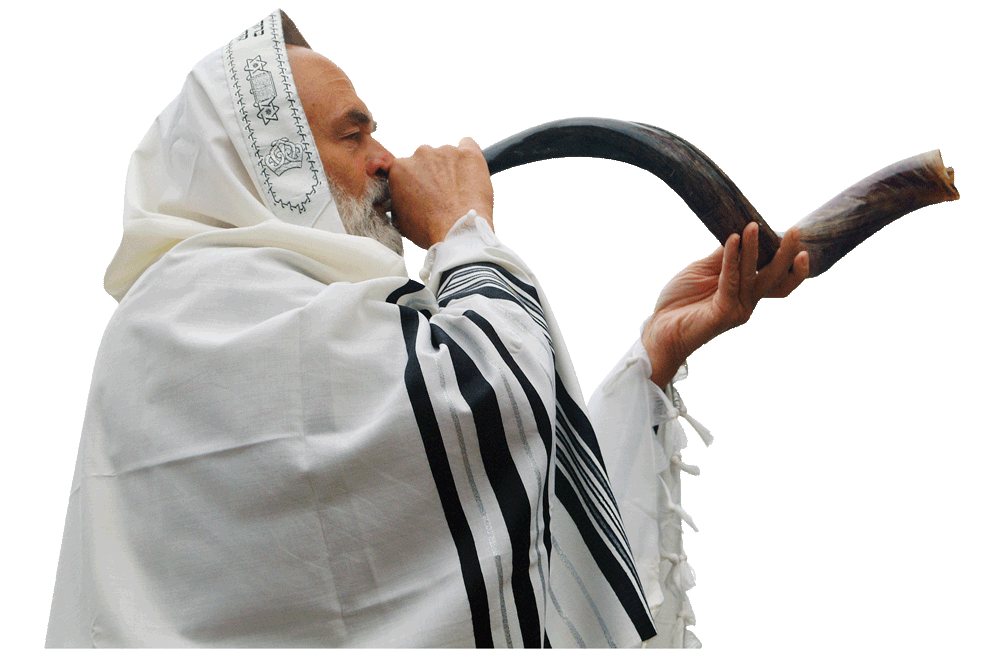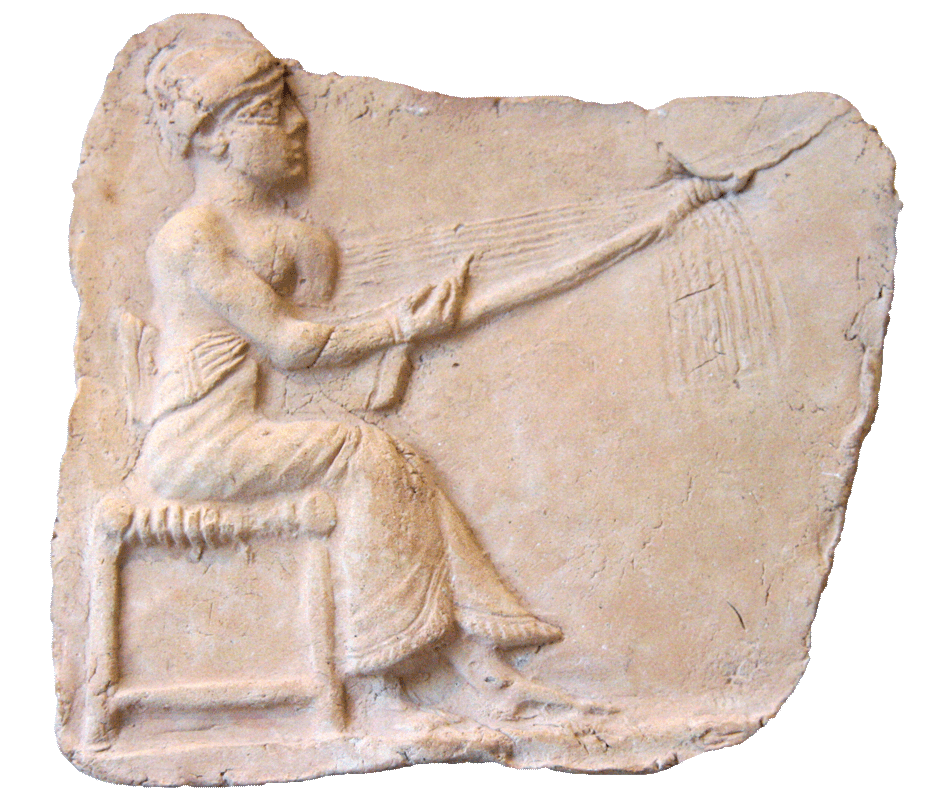Psalms
Worshiping God
Central Teaching
God’s people should respond to him through prayer and praise, especially in times of crisis.
Memory Verse
Setting
The individual psalms were probably written, collected, and organized over a long period of time, and the order of the books is likely due to the chronology of the collection process. There are textual indications within the Psalms of smaller, earlier collections. For example, note the comment at the end of Psalm 72: “This concludes the prayers of David son of Jesse” (72:20). Other collections include the psalms of “the sons of Korah” (Pss. 42–49; 84–88), “the Psalms of Asaph” (Pss. 73–83), and “the Pilgrim Psalms” (Pss. 120–34).

A shofar being played
We do not know who actually finalized the Psalms collection into the final form that we have today or exactly when this occurred. Since some of the psalms clearly refer to the time of exile in Babylonia (e.g., 137:1), we can surmise that the finalizing of the collection occurred after the exile, perhaps near or during the time of Ezra and Nehemiah (450–400 BC), but we do not know this for certain.
Message
While the psalms do address doctrine and moral behavior, their primary purpose is to give us divinely inspired models of how to respond to God. The psalms can be grouped into two main categories relating to very different contexts of human life. The first category includes those times when we are doing well, when we simply want to praise God for all of the wonderful blessings he has given us. Or perhaps we simply want to praise God because he is great and praiseworthy. Many psalms guide us in this way.

Twelve different psalms mention praising God on the harp. Depicted here is a Mesopotamian harpist.
The second main category can be described as the psalms of lament. A lament is a woeful cry of anguish and hurt. Tragedy can strike without warning or reason, devastating even the strongest of God’s people (such as David). The psalmists in general, and David in particular, are brutally honest with God in these situations, pouring out their heartfelt anguish and pain in colorful poetic laments. Usually they use their cries to work through their pain, eventually resolving to trust, worship, and praise God, in spite of their difficulties.
Outline
Each of these five books ends with a statement of praise to the Lord. The entire text of the final psalm (150) is praise to the Lord. Therefore that particular psalm is the praise that concludes the overall collection of psalms.
Interesting Features
- Perhaps more than any other book in the Bible, Psalms connects with us emotionally.
- The psalmist is brutally honest about his emotions—fear, doubt, discouragement, and also joy, comfort, and encouragement.
- The New Testament quotes from Psalms more than any other Old Testament book.
- Psalms contains numerous messianic references.

Mount Hermon
Connections
The book of Psalms leads us into worshiping and praising God, both corporately and individually. The psalms give us comfort and strength during trying times. They provide powerful, encouraging material to meditate upon during quiet or other personal devotional times.
Yet the psalms of lament also teach us that it is OK to cry out to God in pain and frustration; they provide divinely inspired models regarding how to cry out to God honestly when we are hurting. The psalms teach us that it is OK to hurt, and it is OK to express that pain to God, both privately and publicly.